14 Common Fresh Herbs Needed in the Kitchen
Everyone knows the names of a few fresh herbs; some are easy to remember for how they look, others for how they smell. Fresh herbs can be confusing to identify, especially when plants are small and leaves are not yet developed. Cilantro and flat leaf parsley are a close call, oregano and marjoram are also difficult to differentiate.
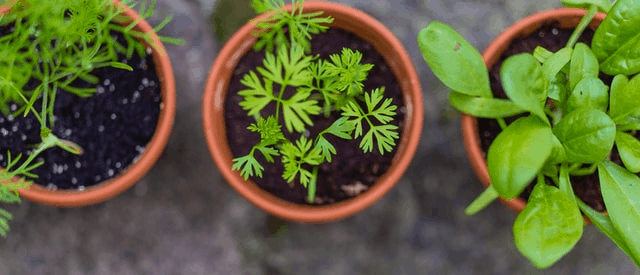
However, don’t let that keep you away from these wonderful aromas. Herbs are the magic ingredient for adding flavour to your dishes. We use fresh herbs all the time in our recipes. Buying the dried version is convenient and the product will last years but it’s well worth using fresh herbs when possible.
How to get fresh herbs?
– Grow your own! Outdoors or indoors, as a table centrepiece, a countertop garden, window boxes or make your own herb garden. If they have some natural light, love and a little attention, they will be by your side to flavour your dishes at all times. Nowadays there are ready made indoor herb garden starter kits available. This will bring your kitchen to life in no time. We are using affiliate links, this will however not affect the prices in any way.
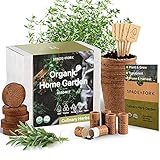
– If you don’t have green fingers at all, you can easily buy fresh herbs. Rinse them well in cold water, pat dry and keep them in the fridge with a moist towel over it.
– Towards the end of the season it is a good idea to freeze herbs for later use. Chop them up and keep them in freezer bags, so you can use them easily when required.
– Some herbs are easy to dry yourself. Place a good amount of fresh mint or basil in the microwave for 1 minute, then stir a little. Repeat this 3-4 times until the herbs are dry and crumble between your fingers.
List of common herbs
Basil
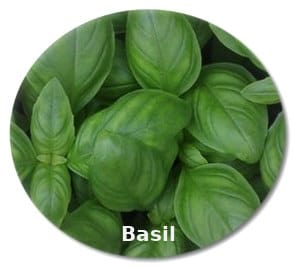
This grows easily in your garden or even in a pot on your terrace. This flavourful herb is a light stimulant and can be used fresh or dried. The leaves are easy to bruise and when basil is fresh it is best to use it whole.
In the kitchen: basil is the most important base for pesto; it will give more depth to any recipe with tomatoes and a strawberry salad at the end of the meal with a basil granite is just the perfect way to end a meal.
Bay leaves
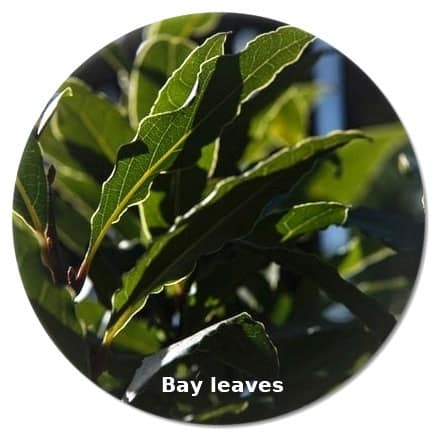
This robust plant is native to the Mediterranean region but grows well in summer in the northern part of Europe. The leaves are sharp but produce very aromatic flavours, hence the reason why we use them in small quantities. They are generally not eaten but taken out of the dish before serving.
In the kitchen: generally used to flavour soups, stews and sauces.
Chives
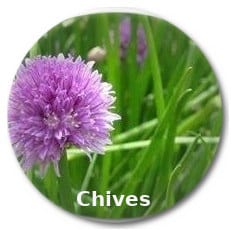
Chives grow fast in the sun and in mild weather. This ‘grassy’ looking herb is from the onion family but has a mild flavour. Some call it the ‘forgotten’ herb but it will freshen up your dishes like no other.
In the kitchen: it is a delicate finishing touch for spreads, on salads, potatoes, and omelettes.
Coriander
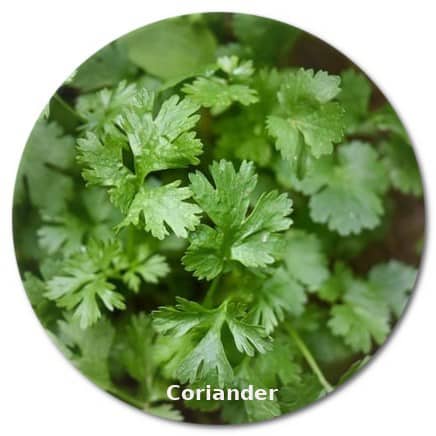
In some parts of the world it’s named cilantro and some think it tastes like soap! The leaves come from the coriander plant and this herb is rich in vitamins A, B and C. It usually adds a fresh and sweet dimension of flavour.
In the kitchen: perfect in Asian stir fries, yoghurt dips, pesto or with a guacamole. This herb flavours dishes from around the world.
Dill
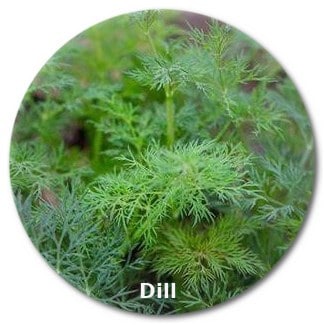
The leaves of this self-seeding plant look like feathers. The taste and aroma are mild which is why dill works in lots of dishes. An interesting fact is that it also boosts digestion.
In the kitchen: seafood, dips, vinegars, salads, devilled eggs are just a few recipes to use it in.
Lemongrass
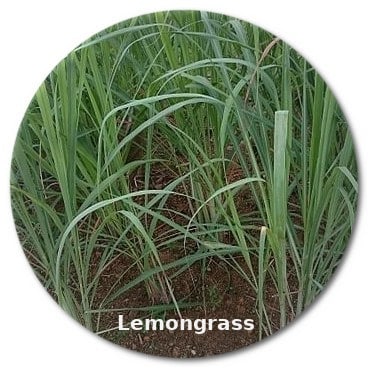
Thai cuisine is partially responsible for its popularity. The grassy texture of the plant is vibrant and may well upgrade your garden. Besides its good looks, it has also a strong citrus flavour.
In the kitchen: it elevates many Thai dishes from soups to curries.
Marjoram
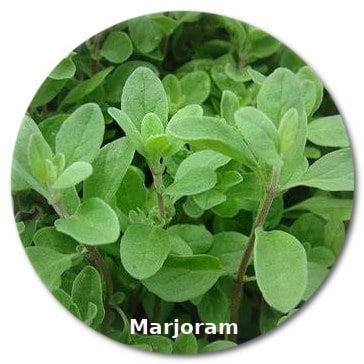
When it comes to the leaves it is personal preference; the flavour is a little sweeter and lemonier. It is one of the least common herbs to be used.
In the kitchen: mixed with other herbs, it is nice for poultry and meat.
Mint
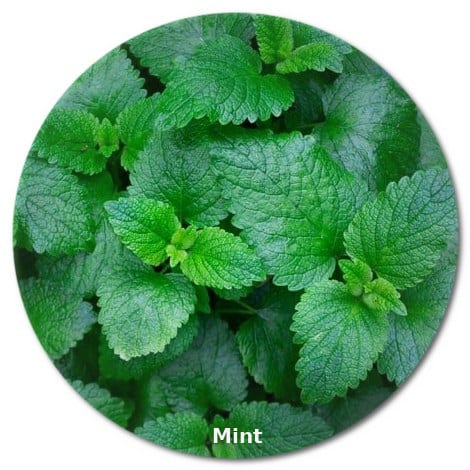
There are about 20 varieties. Spearmint is the most used in the kitchen. When infused, this herb has a calming effect and it is helping the digestive system. Always use unblemished leaves and gently cut them with a sharp knife to keep maximum flavour.
In the kitchen: Mint jelly, mint sauce with lamb, mint iced tea, a refreshing watermelon salad, chocolate chip mint ice cream. We can keep you busy for a while with endless minty recipes.
Oregano
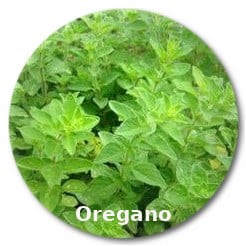
The name means ‘mountain joy’ and was a symbol of happiness by ancient Greeks and Romans. This wonderful herb with its tiny leaves, strong flavour and pungent aroma is used in cooking but also therapeutically due to its impressive health benefits. Protecting the immune system is the most important.
In the kitchen: It’s not to be missed for using in classic Italian cuisine.
Parsley
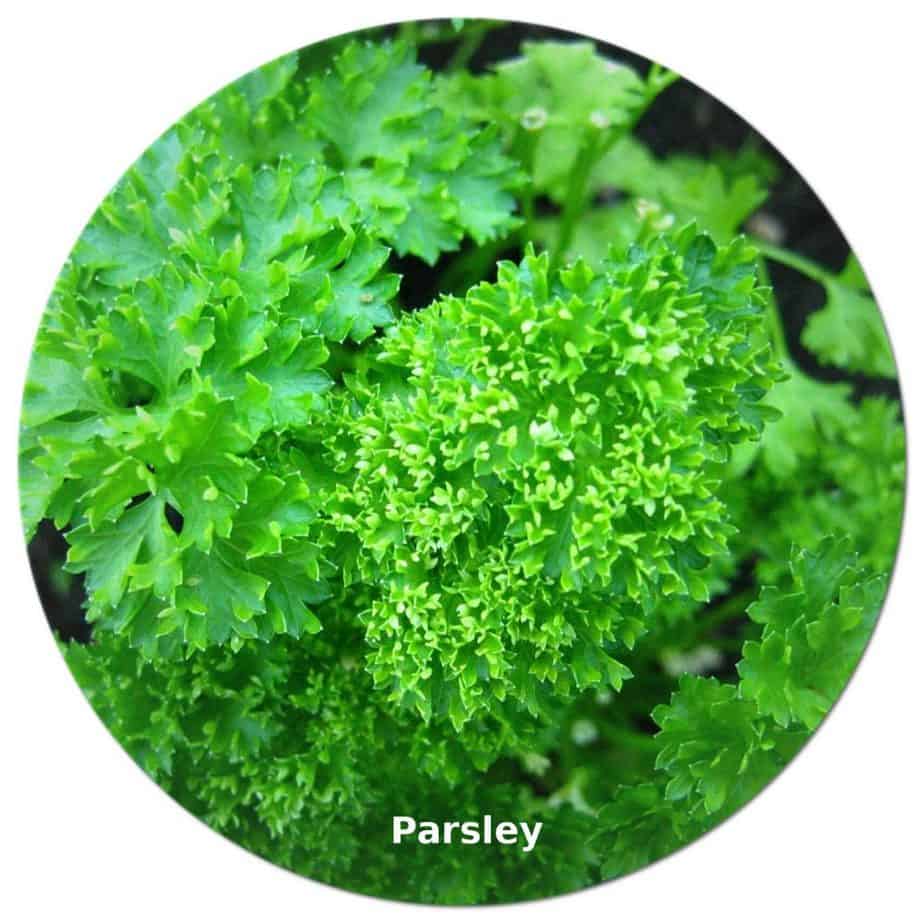
It is one of the most common herbs used in Western cooking. The light peppery flavour will elevate any dish. The flat parsley and the curly parsley are the best known.
In the kitchen: the main ingredients for tabbouleh and good additions to finish salads, soups and fish recipes.
Rosemary
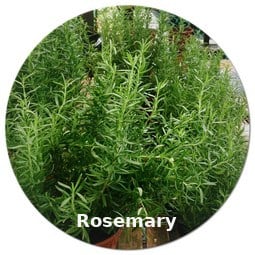
This evergreen herb found its origin in the Mediterranean region. It is a decorative plant in your home and mostly used aromatically.
In the kitchen: it will add flavour to your marinades and roasts, it’s also nice to flavour olive oil and even salt.
Sage
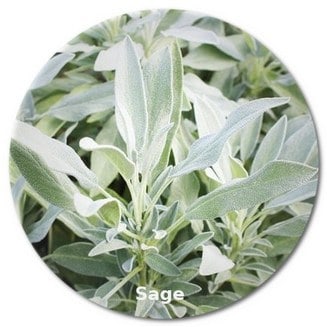
This pretty herb with greyish leaves, grows spikes of spring flowers in different colours. Be careful though because not all varieties are culinary. The flavour is unique but can be described as minty and earthy with some citrus notes.
In the kitchen: it is used in sausages, poultry, meat, potatoes, bread and vegetables.
Tarragon
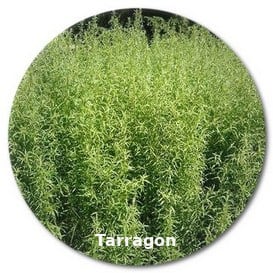
This leafy green herb has for some, a mild aniseed flavour. Maybe that’s why it’s often used in French cuisine…it is often used in pastis (an alcoholic drink flavoured with aniseed)!
In the kitchen: it will add subtle flavours to any of your poultry dishes. It works also well with eggs and in vinaigrettes with béarnaise being the most common tarragon sauce.
Thyme
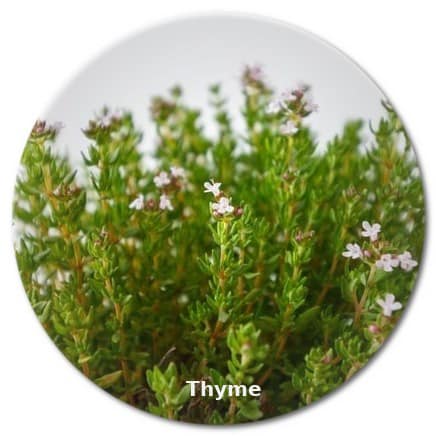
This native Eurasia plant is cultivated throughout the world. The flowers and the small leaves are extremely fragrant. The range of use is impressive, culinary and medical.
In the kitchen: you can flavour a wide range of foods; sauces, stuffings, eggs, vegetables, and pasta all pair well with thyme.
Pretty! This has been a really wonderful post. Thank you for providing this info.
Howdy! This article couldn’t be written any
better! Going through this post reminds me of my previous roommate!
He continually kept talking about this. I am going to forward this post to him.
Fairly certain he’s going to have a great read.
I appreciate you for sharing!